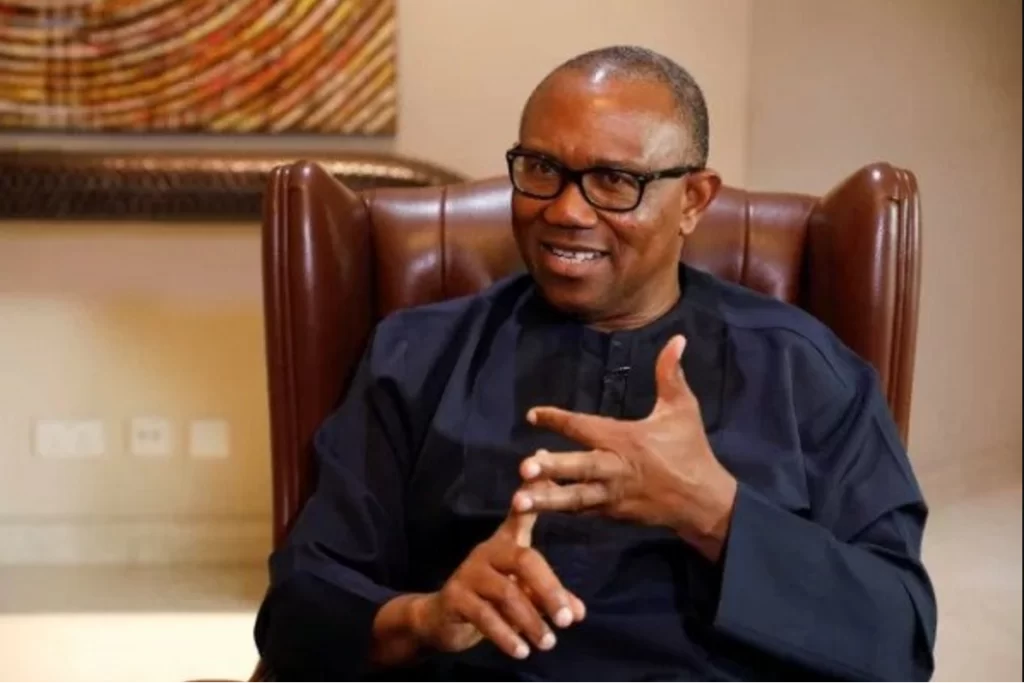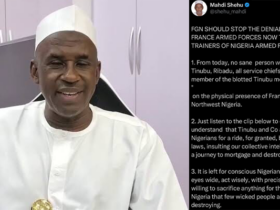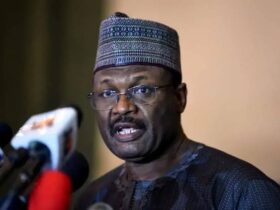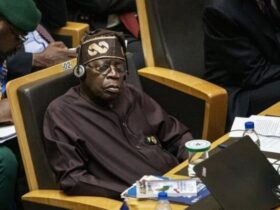
In a recent development shedding light on the challenges faced by multinational corporations operating in Nigeria, Mr. Peter Obi, the 2023 presidential candidate of the Labour Party, expressed concerns over Nestle Nigeria’s staggering financial losses.
Nestle Nigeria, a subsidiary of the global food giant Nestlé, reported a significant downturn in its financial performance, marking one of the company’s largest losses in its history in Nigeria.
Founded in 1961, Nestle Nigeria has been a prominent player in the country’s consumer goods industry, operating three factories strategically located in Agbara, Sagamu, and Abaji, near Abuja. The company has long considered Nigeria a key market, given its burgeoning population demographics. However, recent economic challenges, particularly the collapse of the naira exchange rate against the dollar, have severely impacted Nestle Nigeria’s revenue and profitability.
Mr. Obi highlighted the stark contrast between Nestle Nigeria’s financial performance a decade ago and its current predicament. “As of 2014, Nestle Nigeria boasted a revenue of N140 billion, approximately $1 billion, accounting for about 1% of the company’s global revenue,” he stated. “However, recent audited reports reveal a sharp decline, with revenue plummeting to a third of its 2014 figures, standing at around $300 million, accompanied by a staggering loss of about $70 million.”
The erosion of Nestle Nigeria’s financial standing underscores the challenging business environment in Nigeria, as articulated by Mr. Obi. “This sad situation could have been better managed through more rigorous thinking to design solutions for the economic challenges,” he remarked. “National greatness and development cannot be pursued in an atmosphere that discourages production.”
Furthermore, Mr. Obi emphasized the critical role of attracting foreign investment in stimulating economic growth and employment opportunities. “The best way to create employment for our teeming youth is by creating an environment conducive and attractive for more multinationals to invest in Nigeria,” he asserted. “Instead, our policies are chasing away the existing ones.”
Nestle Nigeria’s financial woes serve as a cautionary tale for other global companies considering investment in Nigeria. With the erosion of shareholder capital and significant losses incurred, multinational corporations may hesitate to establish or expand their operations in the country.
The sentiment echoed by Mr. Obi aligns with broader calls for reforms aimed at fostering a more conducive business environment in Nigeria. Addressing structural challenges, such as currency instability and regulatory uncertainties, is imperative to attract and retain foreign investment.
In conclusion, Mr. Peter Obi’s remarks underscore the urgent need for proactive measures to address the challenges facing multinational corporations in Nigeria, as exemplified by Nestle Nigeria’s recent financial downturn.









Leave a Reply